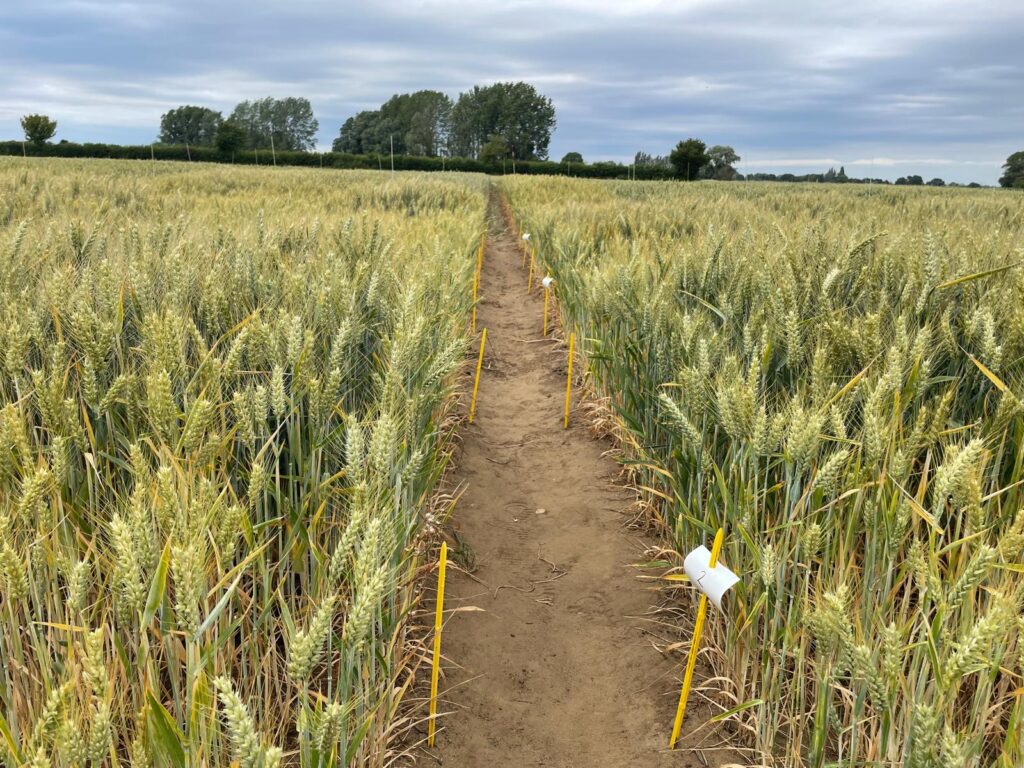

What if waste wasn’t wasted?
Sustainability
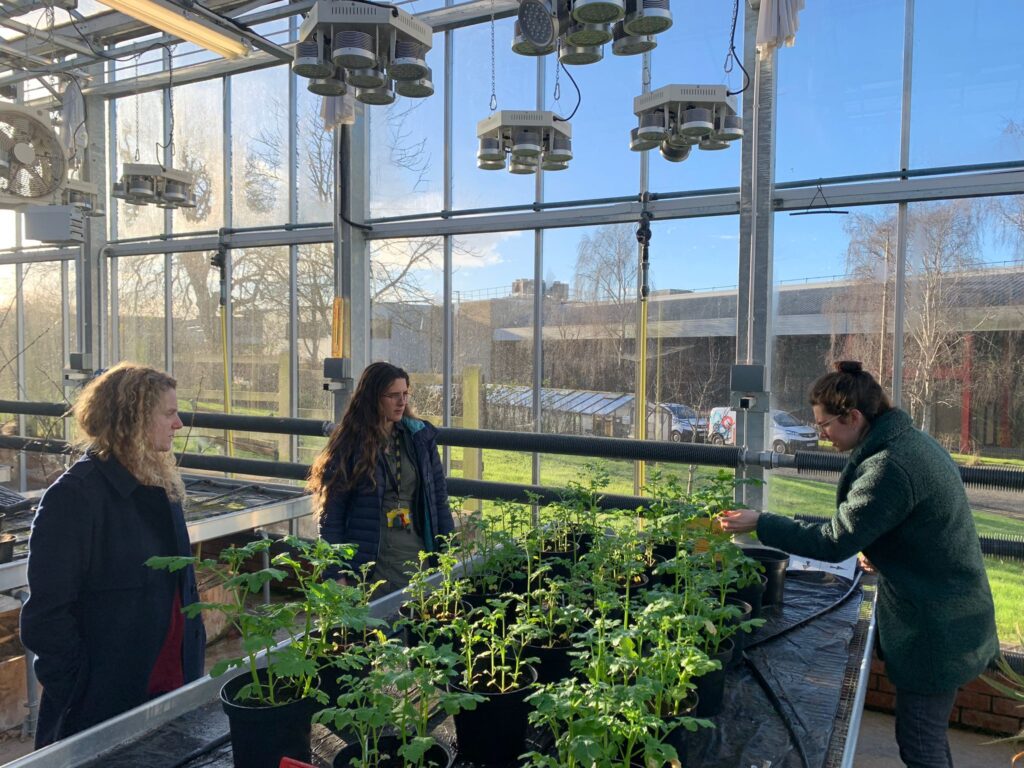
A circular solution.
In the UK, we flush away nutrient-rich urine and import fertiliser made through energy intensive processes from around the globe.
What if we could reclaim vital nutrients, at the same time reducing the impact on our sewage system? Every year, thousands of tonnes of sewage are disgorged into our rivers. By recycling waste at source, we reduce the need for lorry journeys and take the pressure off our overburdened sewage system.
This is circular sanitation in action: no chemicals, no tanker miles, no wasted resources.
A Sustainable Nutrient Source
Urine is naturally nutrient rich; it contains vital elements such as Nitrogen (N), Phosphorus (P) and Potassium (K). These elements are also contained in fertiliser – of which UK agriculture consumes 2.4 million tonnes each year. Fertiliser is a must-have to feed our population, but we believe there is a more sustainable way.
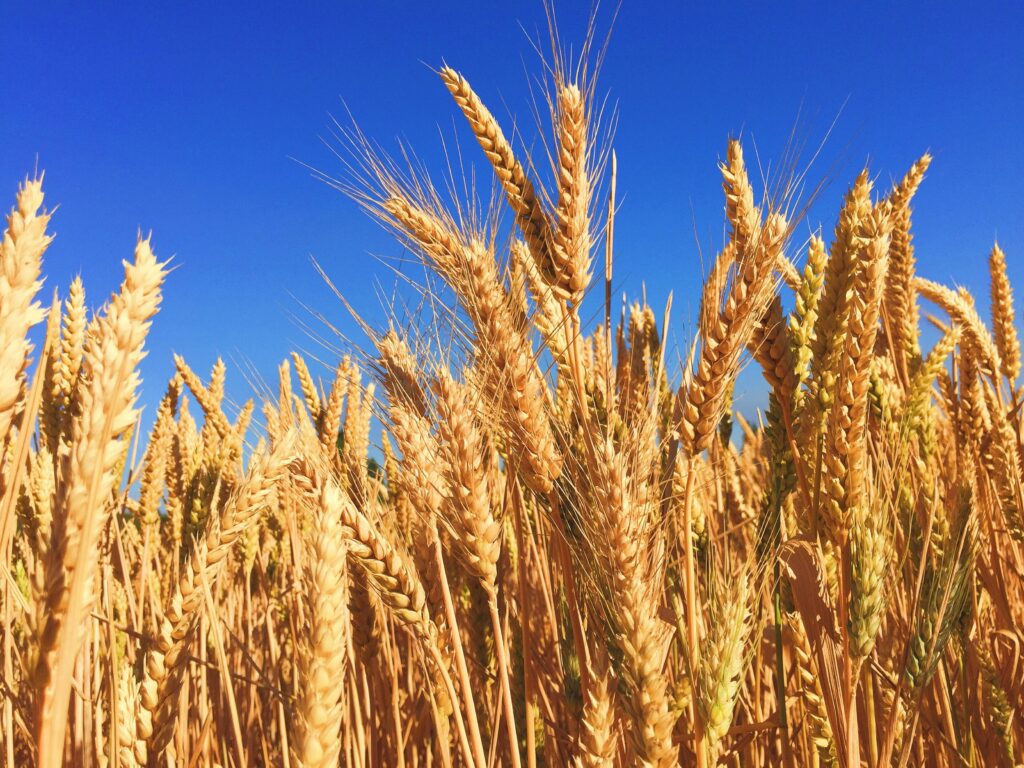
Fertiliser, Made Locally
The UK imports the majority of its synthetic fertilisers, exposing farmers to price spikes and supply chain shocks. These fertilisers are energy-intensive to produce and contribute to greenhouse gas emissions.
Our fertiliser:
- locally made, with nitrogen, phosphorus, potassium and key micronutrients
- is backed by university trials and research

Reducing Impact on our Waterways
Recovering nutrients from urine offers benefits beyond farming; it’s key to the health of our rivers and seas. Our overloaded sewage system spills thousands of litres into our waterways each year, creating algal blooms, and polluting our oceans.
Recycling waste at source:
- Cuts carbon emissions by avoiding long-distance waste transport and fertiliser imports
- Reduces water use by separating urine from the traditional sewage stream
- Keeps nutrients in circulation, benefiting both land and people
- Makes sustainability visible to event attendees and communities
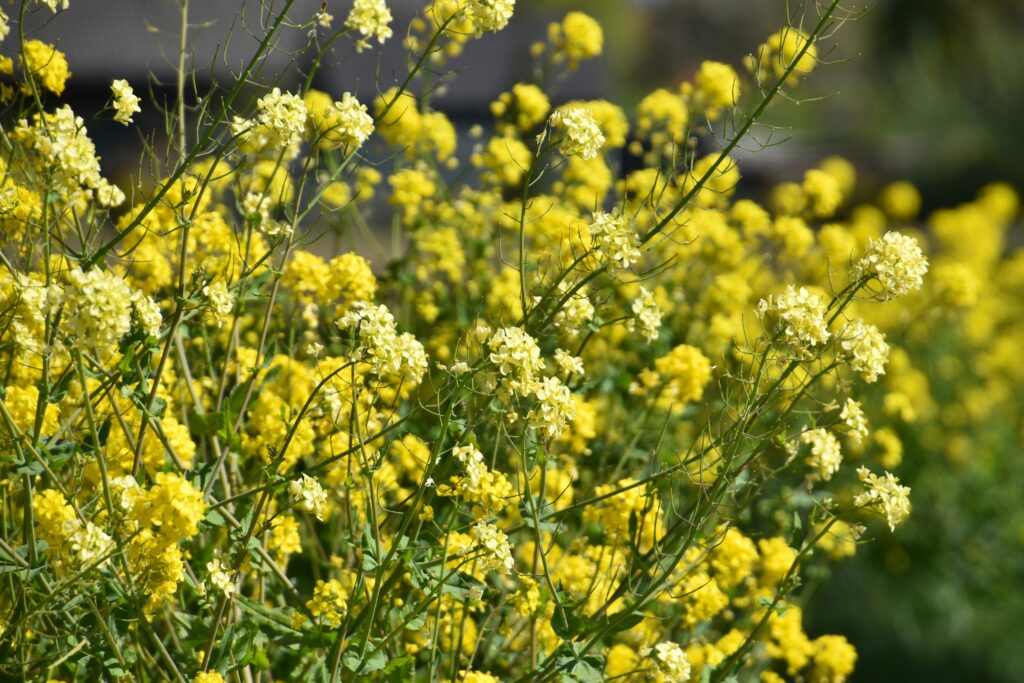
Circular sanitation in action
Who is this for?
Turning Impact Into Opportunity.

NPK At Your Event
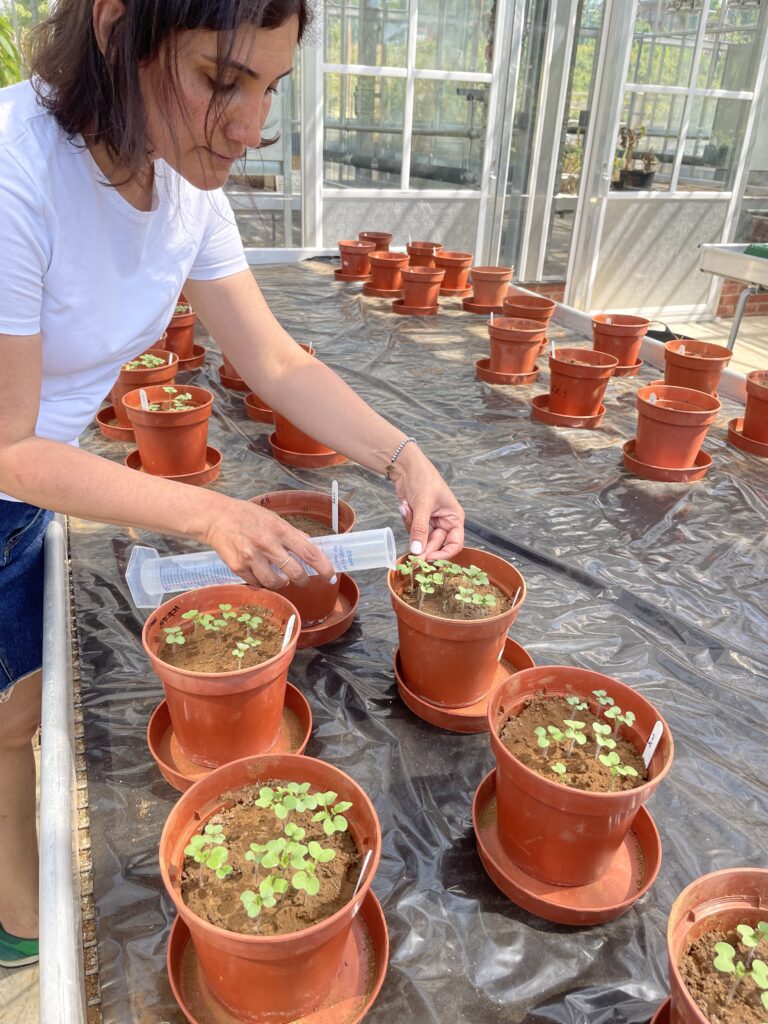
Trial our Fertiliser
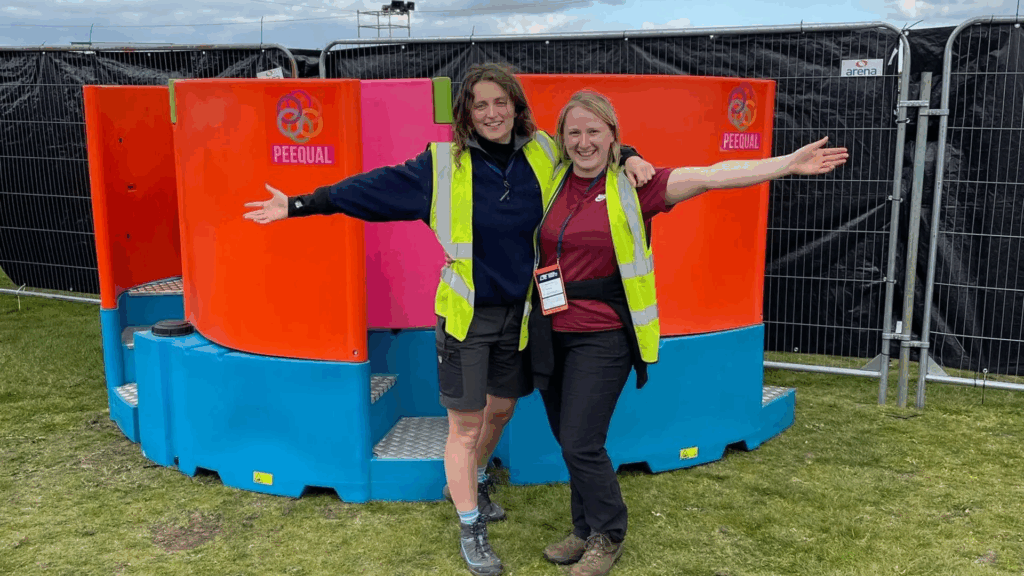
Partner with Us
See Also:
News and updates
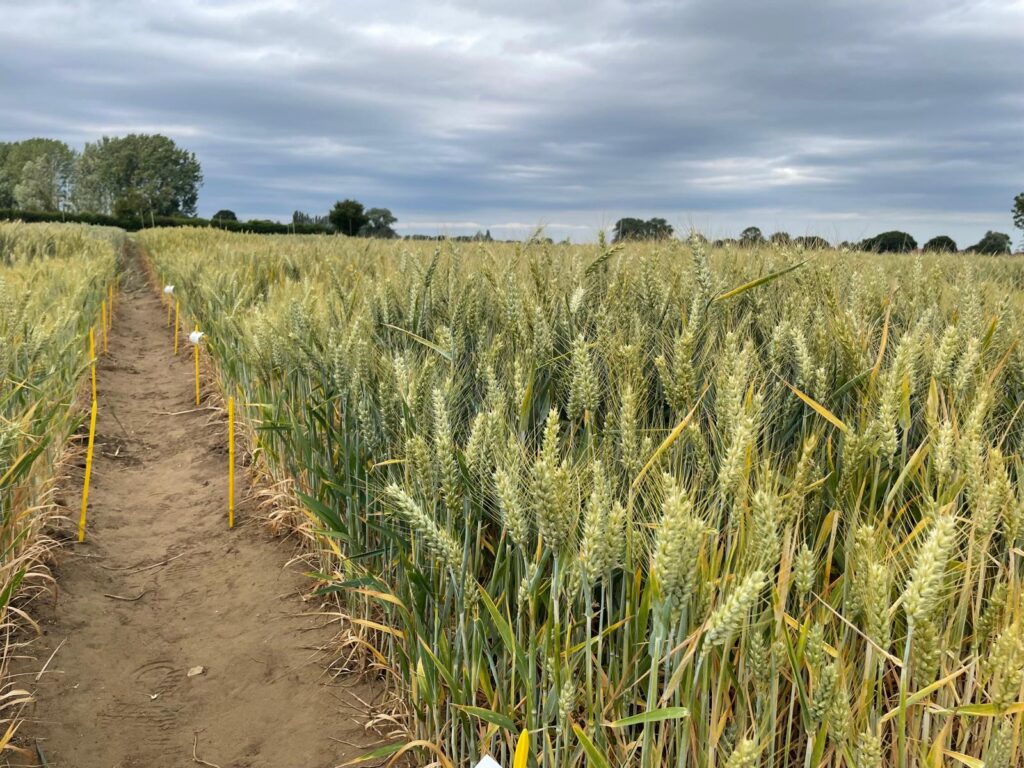
Urine-Based Fertiliser Matches Synthetic in Crop Trials
NPK’s bio-fertiliser performs as well as synthetic alternatives, early research confirms Bio-fertiliser made from human urine…
Urine-Based Fertiliser Matches Synthetic in Crop Trials
NPK’s bio-fertiliser performs as well as synthetic alternatives, early research confirms Bio-fertiliser made from human urine…
Recycling wee into wheat is sustainability first for TCS London Marathon
Urine from thousands of women running the TCS London Marathon was saved from sewage and…